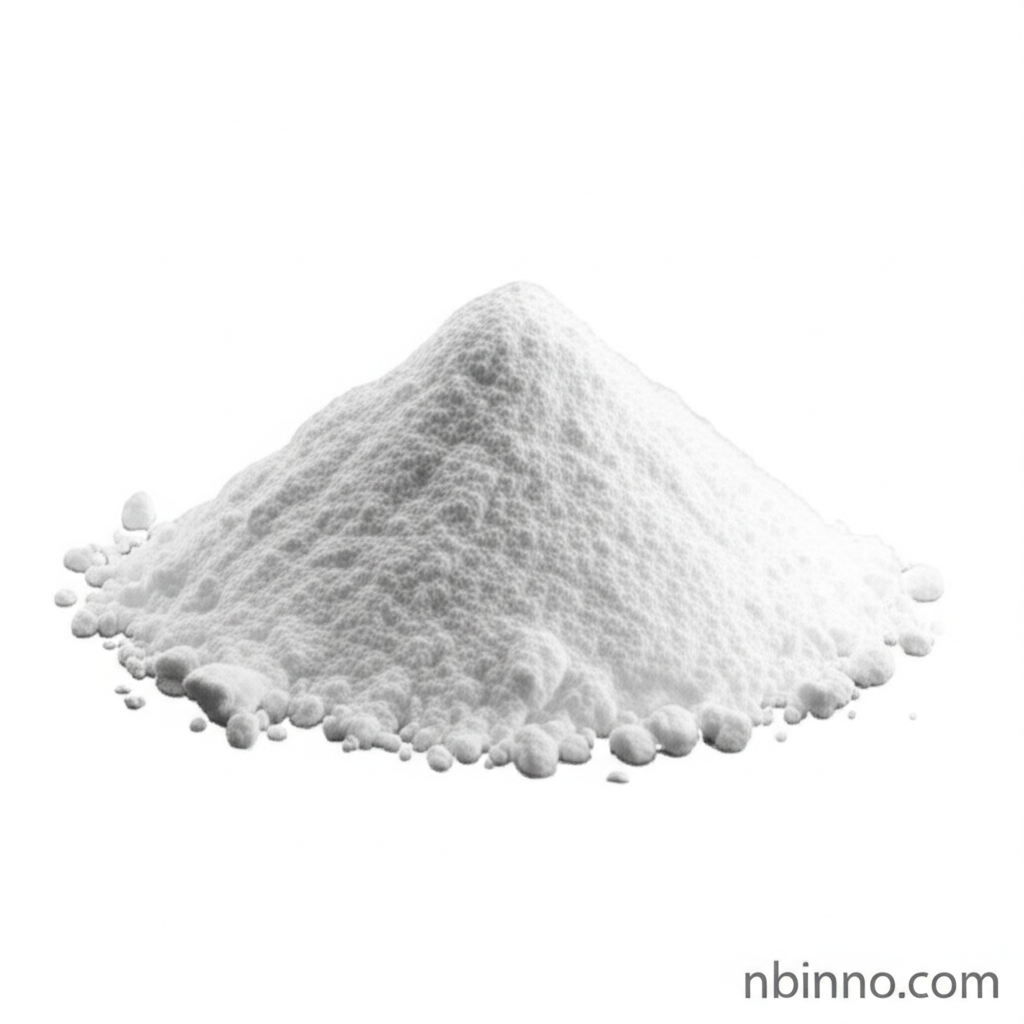Lithocholic Acid: Properties, Applications, and Research Insights
Discover the multifaceted uses of Lithocholic Acid (CAS 434-13-9), a vital bile acid in scientific research and pharmaceutical development.
Get a Quote & SampleProduct Core Value

Lithocholic Acid
Lithocholic acid, identified by CAS number 434-13-9, is a significant secondary bile acid with a high purity raw powder appearance. Its intricate role in liver disease diagnosis and treatment, along with its biochemical interactions, makes it a subject of extensive scientific inquiry.
- Investigate the critical role of lithocholic acid in liver disease diagnosis and treatment by analyzing its concentration changes within the body.
- Explore the cytotoxic effects of lithocholic acid on various cancer cell types, offering potential therapeutic avenues.
- Understand the mechanisms behind lithocholic acid's emerging anti-aging effects observed in preliminary studies across different organisms.
- Delve into the compound's interaction with the Vitamin D Receptor, highlighting its potential as vitamin D receptor agonists lithocholic acid for therapeutic applications.
Advantages Provided by the Product
Diagnostic Significance
The fluctuations in lithocholic acid levels are vital for the diagnosis and treatment of liver diseases, offering key biomarkers for medical professionals.
Therapeutic Potential
Research into lithocholic acid's uses in liver health and its selective cell-killing properties points towards potential applications in targeted cancer therapies.
Cellular Signaling Roles
As a modulator of cellular pathways, lithocholic acid is central to studies investigating metabolic regulation and gene expression, contributing to a deeper understanding of cellular functions.
Key Applications
Liver Disease Research
Studying the impact of lithocholic acid on liver function and disease progression is crucial for developing new diagnostic and therapeutic strategies.
Oncology Studies
The cytotoxic properties of lithocholic acid against cancer cells are being explored for potential use in cancer treatment protocols.
Aging Research
Emerging evidence suggests lithocholic acid may possess anti-aging properties, prompting further investigation into its longevity-promoting mechanisms.
Biochemical Signaling
Understanding how lithocholic acid interacts with receptors like the Vitamin D Receptor sheds light on complex biochemical signaling pathways.
